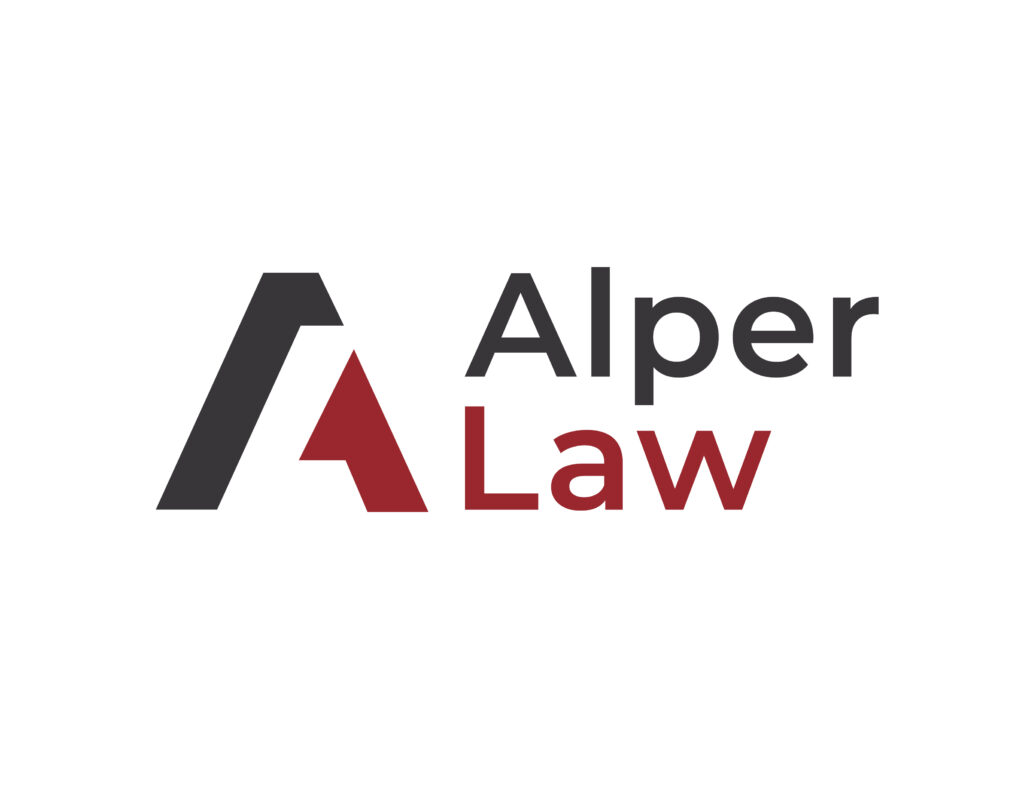In Florida, you can lose your house due to an at-fault car accident if the court awards a judgment against you and your home does not qualify for homestead protection. Homestead laws in Florida shield primary residences from collection of most money judgments.
Here are some common questions and answers about homestead and car accident liability.
Are Second Homes or Rental Homes Protected Under Florida Homestead Laws?
Secondary properties and rental homes are not protected under Florida’s homestead laws. These laws apply only to your primary residence, provided it meets the criteria for size and ownership. Once a money judgment is recorded in the county where the secondary property is located, the judgment can attach as a lien on the property.
Requirements for the Florida Homestead Exemption
The Florida homestead exemption protects a primary residence from most creditors if the property is owned by a natural person, is the owner’s permanent residence, and does not exceed 1/2 acre in a municipality or 160 acres outside. Exemptions do not apply to specific debts like mortgages, taxes, or construction liens.
A person liable due to a car accident can still qualify for the Florida homestead exemption.
Other Assets Protected in Florida
In Florida, assets protected from creditors include qualified retirement accounts, life insurance policies, annuities, wages of the head of household, and jointly owned property under tenancy by the entirety. These protections vary depending on the nature of the debt and ownership structure.
Is There a Dollar Cap to the Florida Homestead Protection?
Florida’s homestead protection has no dollar cap if the property is the owner’s primary residence and meets size limits. Federal bankruptcy law may impose a cap if the homestead was acquired recently or involves fraud.
Is a Florida Homestead Protected from Car Accidents if You Don’t Live There Full-time?
A Florida homestead is not protected from creditors, including car accident judgments, if it is not the owner’s permanent residence. However, a property can be a person’s homestead even if they do not live there full-time. Instead, the debtor must occupy the property as their primary residence with the intent for it to be their home.
For example, if a person establishes a Florida property as their homestead, but then travels out of state for over a year (without establishing another permanent place of residence), then the Florida property could still remain the person’s homestead as long as they intend to return.
Sign up for the latest information.
Get regular updates from our blog, where we discuss asset protection techniques and answer common questions.
Please enable JavaScript in your browser to submit the form
Publisher: Source link












